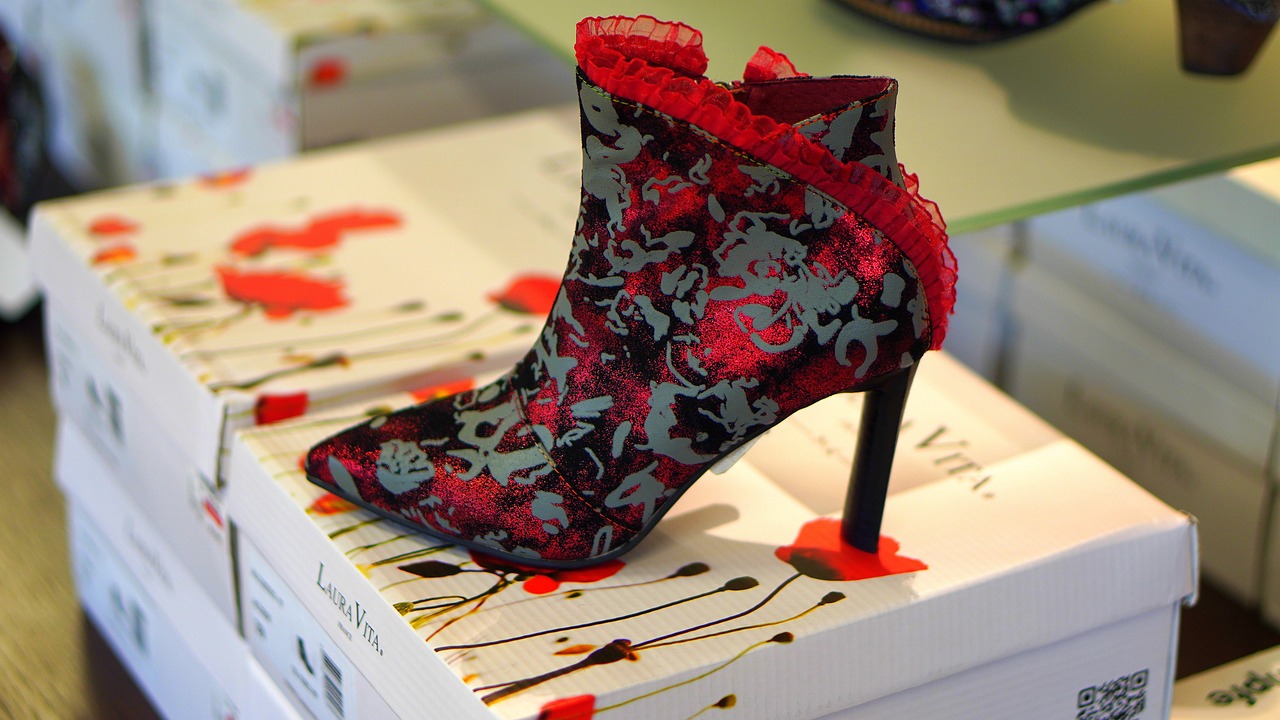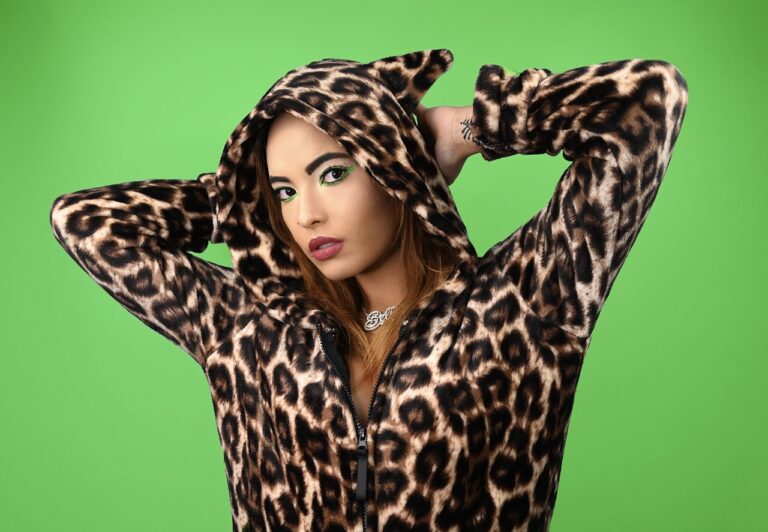Fashion’s Contribution to Economic Inequality: Advocating for Fair Trade
11xplay, gold365.win, skyexchange registration: Fashion’s Contribution to Economic Inequality: Advocating for Fair Trade
Fashion is an industry that we all participate in. Whether it’s through the clothes we wear, the shoes we buy, or the accessories we adore, fashion plays a significant role in our lives. However, what many people don’t realize is the impact that the fashion industry has on economic inequality.
From fast fashion brands to luxury designers, the fashion industry is built on a system of exploitation that often leads to economic disparities. Workers in developing countries are paid minimal wages, work in unsafe conditions, and endure long hours to produce the clothing and accessories that end up on our shelves. This system creates a cycle of poverty that is difficult to break out of, perpetuating economic inequality on a global scale.
One way to combat this issue is through advocating for fair trade practices within the fashion industry. Fair trade ensures that workers are paid fairly for their labor, work in safe conditions, and have access to opportunities for growth and development. By supporting fair trade brands and initiatives, we can help create a more equitable and sustainable fashion industry that benefits everyone involved.
Here are some key reasons why advocating for fair trade in fashion is crucial:
1. Ensuring fair wages for workers
2. Providing safe working conditions
3. Promoting sustainable practices
4. Empowering marginalized communities
5. Fostering transparency and accountability
6. Creating a more ethical supply chain
By supporting fair trade in fashion, we can make a positive impact on economic inequality and help create a more just and sustainable industry. It’s essential to be mindful of the choices we make as consumers and support brands that prioritize fair trade practices.
FAQs:
Q: How can I identify fair trade fashion brands?
A: Look for certifications such as Fair Trade Certified or Global Organic Textile Standard (GOTS). These labels indicate that the brand adheres to fair trade practices.
Q: Is fair trade fashion more expensive?
A: While fair trade fashion may come at a slightly higher price point, it reflects the true cost of production and ensures that workers are paid fairly for their labor.
Q: Can small brands participate in fair trade practices?
A: Yes, many small brands are committed to fair trade principles and prioritize ethical practices in their production processes.
Q: How can I support fair trade in fashion?
A: Start by educating yourself on fair trade practices and choosing to support brands that prioritize transparency, sustainability, and fair wages for workers. Every purchase you make can make a difference in promoting a more equitable fashion industry.







